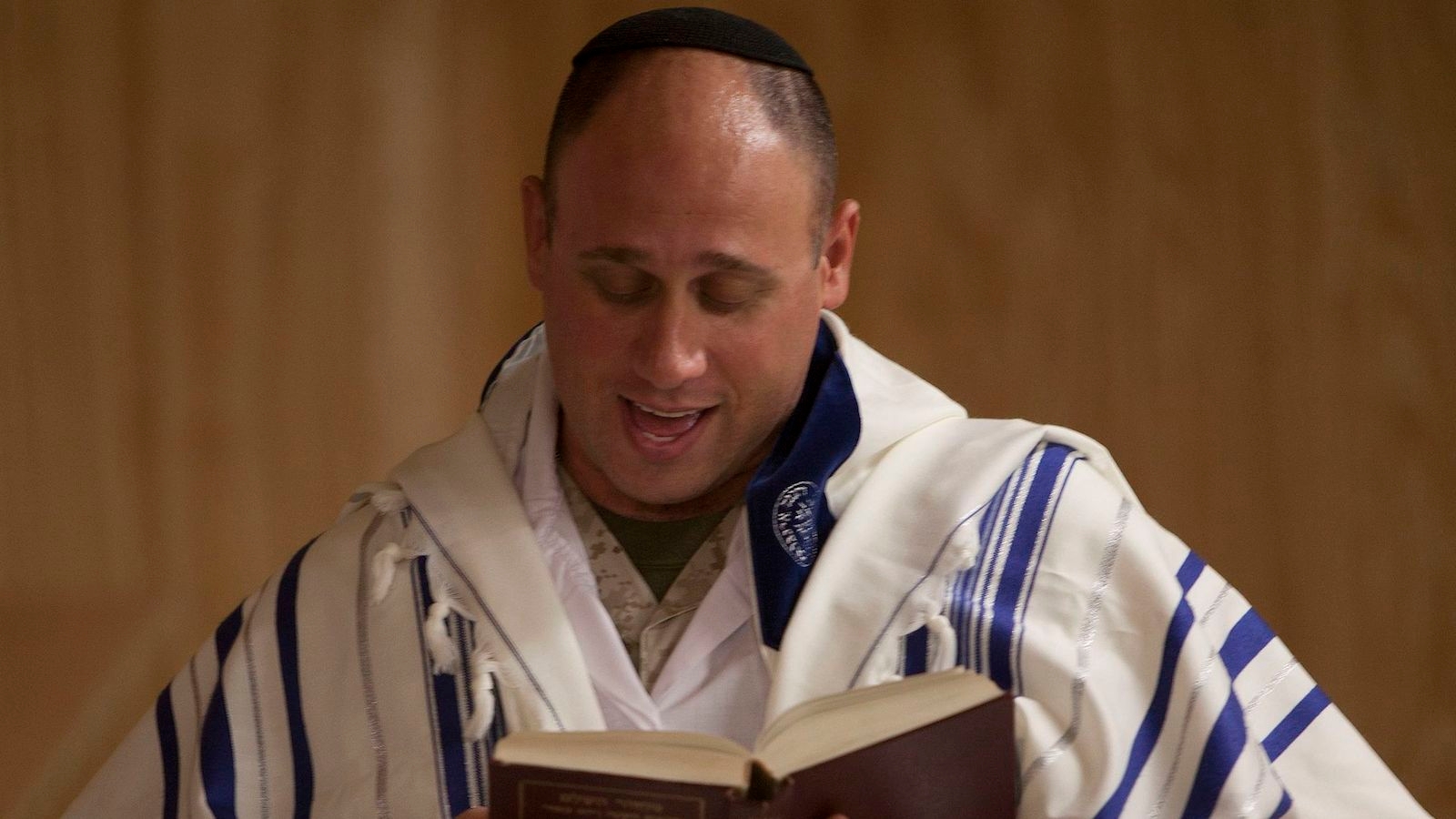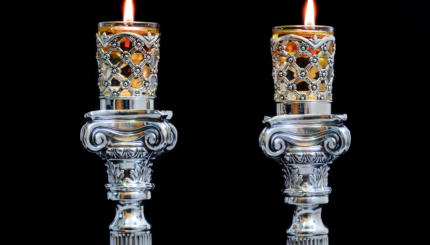The two prayers, Ashamnu and Al Chet constitute the Jewish confession. You will observe that each of these confessional prayers is followed by prayers in which we seek forgiveness.
Atonement is more than a wish for forgiveness; it is the desire to be at-one with God. To be at-one with God implies a desire to “bend our will to God, to observe His precepts and to revere His law in truth!”
Confessions in Judaism, you will notice, are always in the plural: “We have sinned, we have transgressed,” etc. They are always meant to be said by the entire congregation, even by those individuals who feel that they themselves have not been guilty of the sins enumerated.
The reasons for the use of the plural and the recitations of the confessions by the entire congregation are manifold. When one Jew sins, it is as though all Jews have sinned. This is in accordance with the principle that all Jews are responsible for one another. The confessional prayers for the High Holidays are constructed to intensify our feelings of responsibility for one another.

Help us keep Jewish knowledge accessible to millions of people around the world.
Your donation to My Jewish Learning fuels endless journeys of Jewish discovery. With your help, My Jewish Learning can continue to provide nonstop opportunities for learning, connection and growth.
When an individual Jew celebrates, the whole community rejoices; when he weeps, the community shares his grief with him; when he sins, the whole community shares his sin.
The group recitation of the confessional is intended to remind us that the failure of the individual is very often the result of the shortcomings of the society or community in which one lives.
According to Judaism, the individual and the group make their confessions directly to God. There are no “priests” in the synagogue. The whole house of Israel is looked upon as a kingdom of priests and each Jew can turn directly to God without the assistance of an intermediary.
Audio of Ashamnu (courtesy of Mechon Hadar)
Reprinted with permission from Moments of Transcendence: Inspirational Readings for Yom Kippur, edited by Rabbi Dov Peretz Elkins, ©1992 Jason Aronson Inc.
Yom Kippur
Pronounced: yohm KIPP-er, also yohm kee-PORE, Origin: Hebrew, The Day of Atonement, the holiest day on the Jewish calendar and, with Rosh Hashanah, one of the High Holidays.



